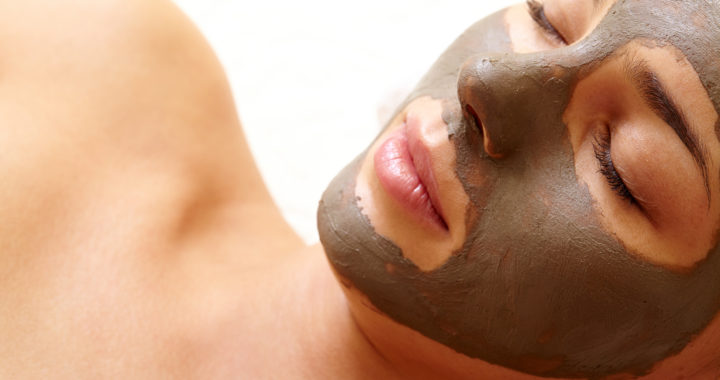Your daily skin routine may consist of cleansing, moisturizing and applying sunscreen- but what about exfoliating? Exfoliation is the removal of dead skin cells on the surface of your skin. It can be performed manually through the use of an abrasive facial scrub, or chemically by using scrubs that contain acids that dissolve and remove the dead skin without the abrasive scrubbing.
As we age, cell regeneration in our bodies slow down. This means that the body works slower to shed dead skin cells and generate new ones. Skin that has a dull apperance, or is rough and dry could be the result of dead skin buildup. The buildup of dead skin cells also clogs pores, which can allow excess oil to pool on your skin causeing acne and blemishes. Proper exfoliation removes the layer of dead skin, uncovering the new skin cells underneath. Exfoliating allows for moisturizing products to absorb more deeply into the skin (making them more effective.) By adding the extra step of exfoliation into your skin care routine, will leave your skin looking fresh, healthy and glowing.
There isn’t one “best way” to exfoliate your face; It all depends on your skin type and sensitivity. Individuals who have extremely sensitive skin or have severe acne should choose their product and method carefully. Many dermatologists or estheticians can help you figure out whats best for you. It is a good rule of thumb to not exfoliate too much, or you can irritate your skin and damage those new, good and healthy skin cells. Manually exfoliating once a week is more than enough, reserve chemical exfoliants for intermittent use.
When picking a scrub for manual exfoliation, you want to choose something that has smooth, round granules rather than something jagged and rough which can tear up your skin. After consulting a dermatologist or esthetician and finding the perfect scrub, its time to incorporate it into your skincare routine. You want to be gentle when using the scrub, a light touch is all you need- the scrub will do all of the work. If you scrub or push down too hard you can irritate your skin and cause abrasions.
Thank you to Womans Health for the original information. You can read more here.

